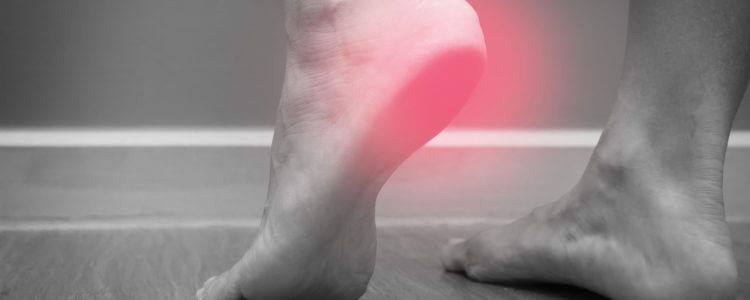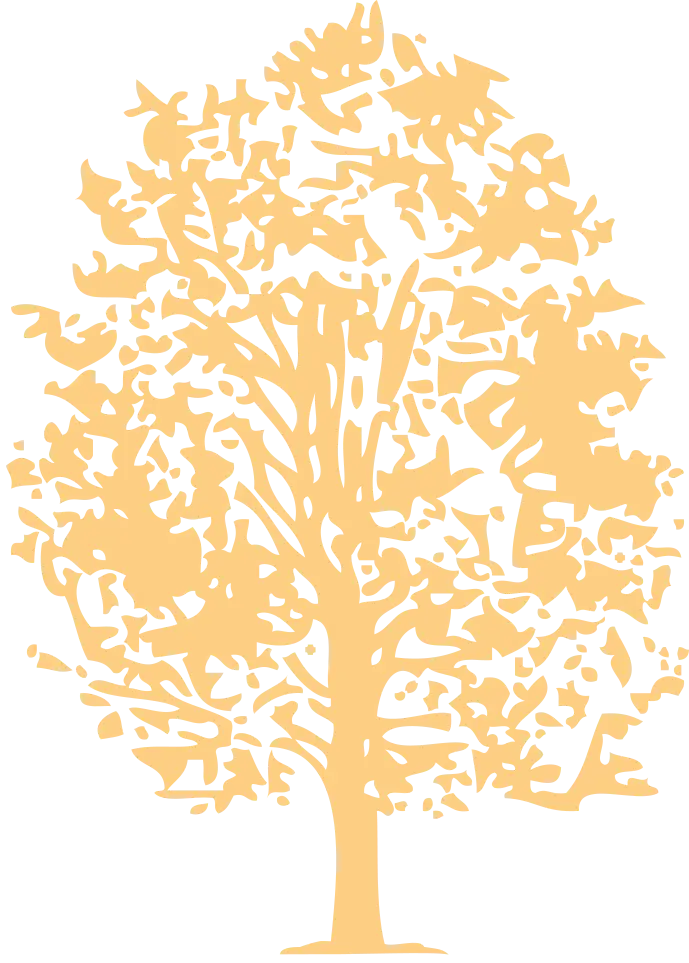
Calcaneal Spurs – What Are They?
September 19, 2019Ankle Physical Therapy in Sauk City WI
November 4, 2019What is congestive heart disease?
Congestive heart disease, or also known as congestive heart failure (CHF), is a progressive condition that takes place when the heart muscle can’t pump blood efficiently to meet the body’s needs.
Because of various potential causes, blood flows much slower than usual and heart pressure increases. Consequently, the heart cannot pump sufficient oxygen and nourishment that is needed by the body. The heart chambers stretch to allow more blood circulation, or it becomes rigid and thick. For a while, this helps maintain the blood flowing, but eventually, it weakens the heart muscles and become incapable of pumping properly.
What are the types of congestive heart disease?
There are two common types of CHF: the left-sided CHF and the right-sided CHF.
Left-sided congestive heart disease
The most prevalent form of CHF happens when blood is not correctly pumped out to the body by the left ventricle. The two classes of left-sided CHF are:
- Systolic heart failure – This arises if the left ventricle doesn’t contract properly, thereby reducing the amount of blood pressure to circulate.
- Diastolic failure – This occurs when the left ventricle muscle becomes rigid and the heart doesn’t fill up with blood.
Right-sided congestive heart disease
This happens when it is difficult for the right ventricle to pump blood into the lungs. Blood recoils back in the blood vessels, causing fluid or water retention in the lower limbs and other essential organs.
What causes congestive heart disease?
There are several possible causes of CHF, the most common are:
- Heart attack – This is due to a blocked coronary artery that stops the blood circulation for the heart, leading to scarring of the heart’s muscle.
- Coronary artery disease (CAD) – This is an artery disease that reduces blood flow.
- Cardiomyopathy – This is heart muscle damage caused by infections or abuse of alcohol and drugs.
- Conditions that cause heart strain – Conditions such as hypertension, diabetes, valve disease, renal disease, thyroid disease, or congenital heart defects can result in heart failure.
What are the signs or symptoms of congestive heart disease?
CHF symptoms can be persistent (chronic), or it comes and goes (acute). Symptoms could be mild or severe. The symptoms may include:
- Lung congestion – This is caused by fluid in the patient’s lungs that results in breathing difficulty. It can also be the root cause of wheezing or hacking cough.
- Fluid retention – This is caused by affected kidneys that results in edema and bloating.
- Nausea and lethargy – This happens due to lesser blood to organs, muscles, and brain.
- Irregular or rapid heartbeats – This occurs due when the heart beats faster than normal.
How is congestive heart disease diagnosed?
If the patient is experiencing the symptoms, he or she will be referred to a cardiologist. The cardiologist then will order diagnostic tests to get a complete understanding of your present condition.
- Electrocardiogram (EKG) – This device checks for abnormalities in the heart’s rhythm.
- Echocardiogram (ECG) – This determines if there is poor blood circulation, muscle damage, or the heart doesn’t function normally.
- Magnetic Resonance Imaging (MRI) – This displays heart damage.
- Stress test – This shows heart performance under different stress levels.
- Blood tests – These check abnormalities of blood cells or if there infections present.
- Cardiac catheterization – This displays blockages in the coronary arteries.
What is the outlook for people with congestive heart disease?
With the right care, heart failure may not stop you from doing the things you enjoy. If extended medical care is advised, there are nursing home facilities that will cater to patients with CHF.
References:
https://www.healthline.com/health/congestive-heart-failure
https://www.webmd.com/heart-disease/guide-heart-failure
https://www.mayoclinic.org/diseases-conditions/heart-failure/symptoms-causes/syc-20373142


